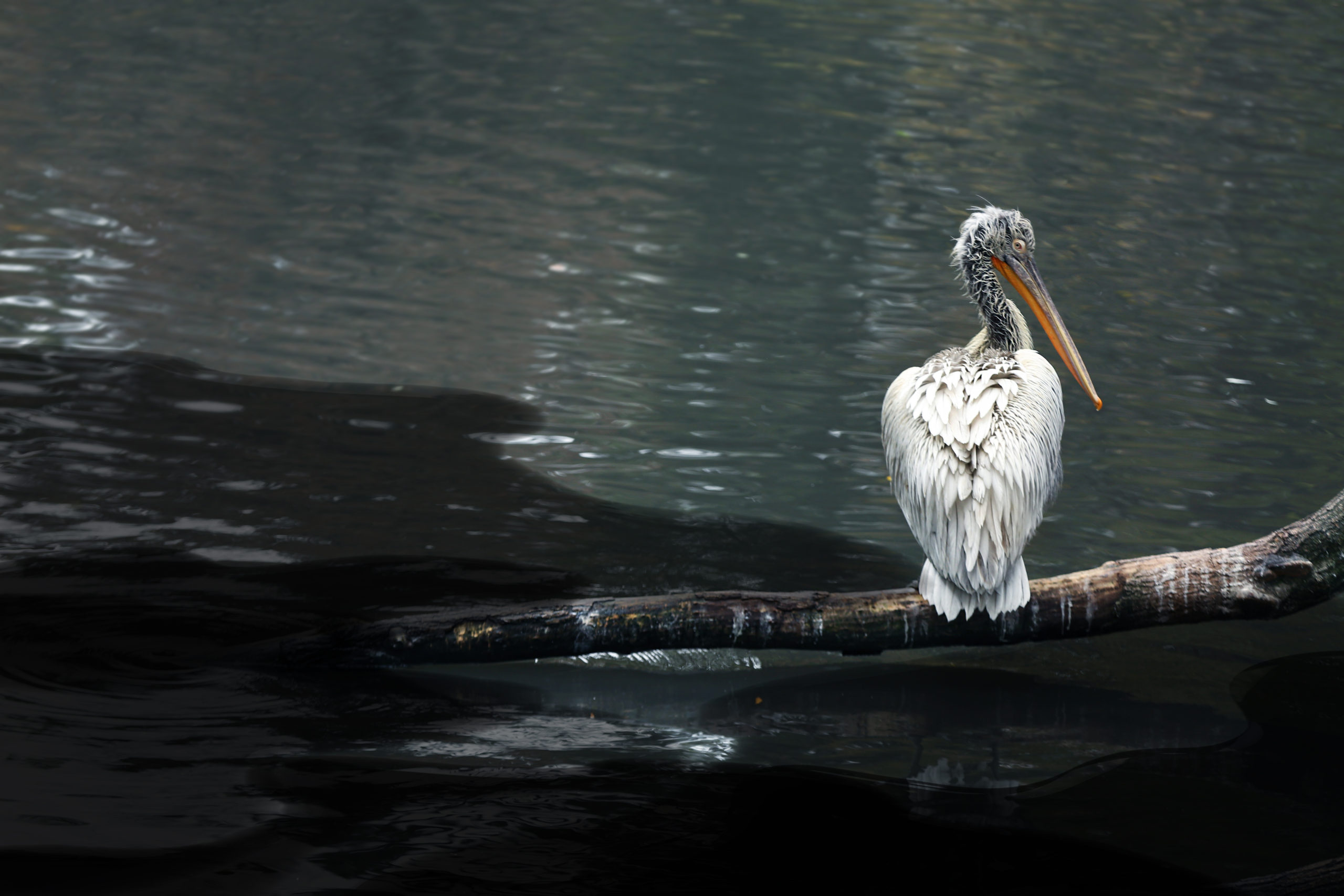Blue Voces: ‘We all remember the BP oil spill in the gulf and we cannot see that happen again’

Florida has seen its share of environmental disasters related to offshore drilling, the most dramatic of all being the 2010 BP Deepwater Horizon oil disaster, which killed 11 crewmen, up to 1 million birds and resulted in over $60 billion in clean-up costs.
Ten years later, according to a Gulf-wide survey of fish by the University of South Florida (USF), all species subjected to detailed chemical analyses revealed some degree of oil pollution. USF marine scientists found the highest levels of oil exposure were detected in yellowfin tuna, golden tilefish and red drum.
Offshore drilling has not only resulted in some of the worst environmental disasters, but it’s also the most clear example of the cost that is passed on to taxpayers and an activitity that tends to impact the most vulnerable communities. “It takes only one spill or accident to deprive lower-income Hispanic communities access to the shore, which is an important form of escape from the stress of urban areas where many minorities live,” says Marce Gutiérrez-Graudiņš, Azul’s founder and Executive Director.
As Big Oil continues to push against President Biden’s pause on offshore drilling, Azul reached out to a group of Latinx activists, conservationists and representatives in coastal communities to hear what they had to say about offshore drilling. From California to Connecticut and Miami, the message we heard was loud and clear: Offshore drilling is a serious threat not only to the environment but to our very connection to the ocean.
In our second installment of #BlueVoces, hear from Ricky Junquera, Regional Press Secretary for Sierra Club and former candidate to the Florida State House, on why Florida must say “no” to offshore drilling.
“We are all against offshore drilling; we all remember the BP oil spill in the Gulf and how it hurt the local economy of the Gulf coast of Florida. We cannot see that happen again.”